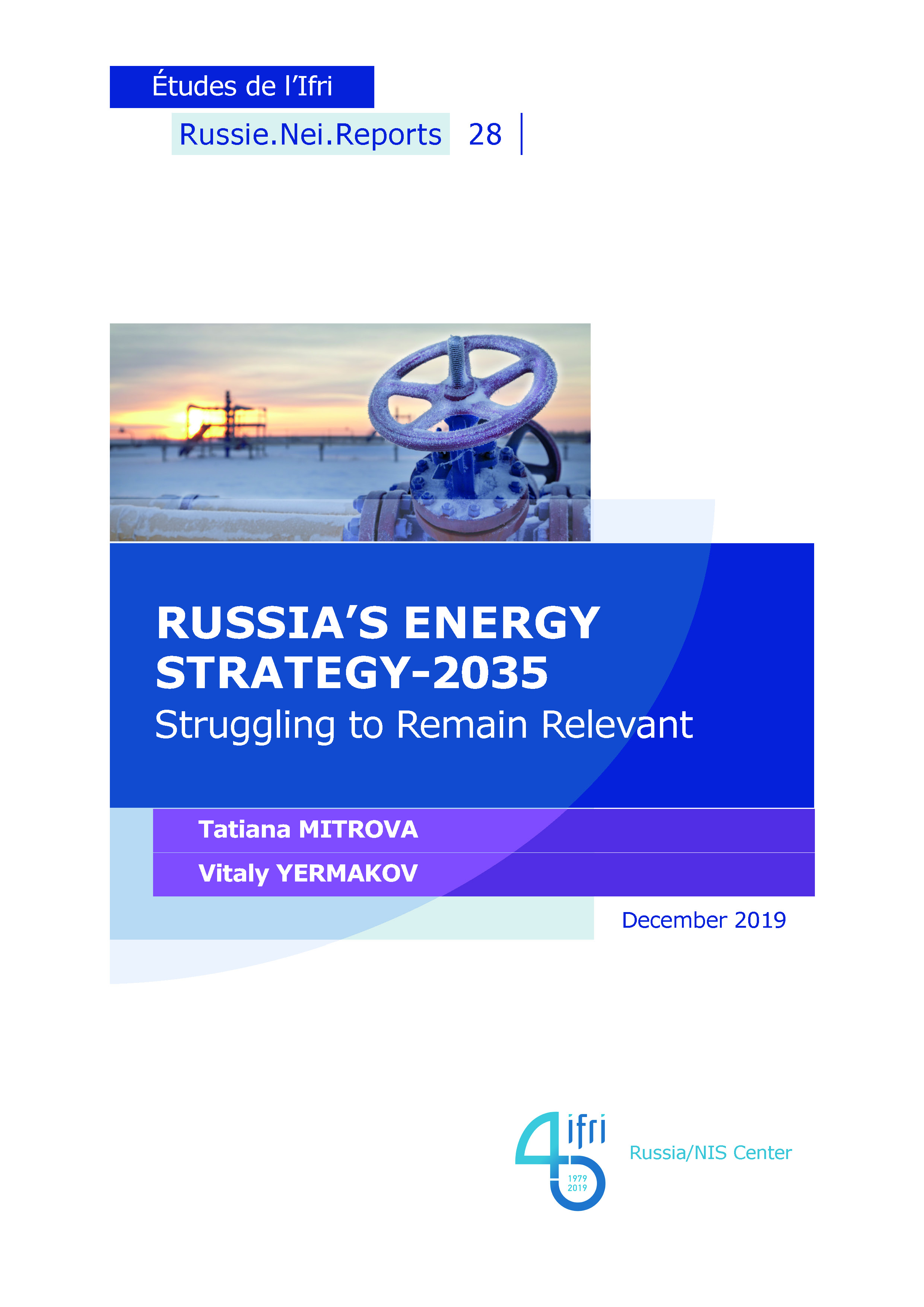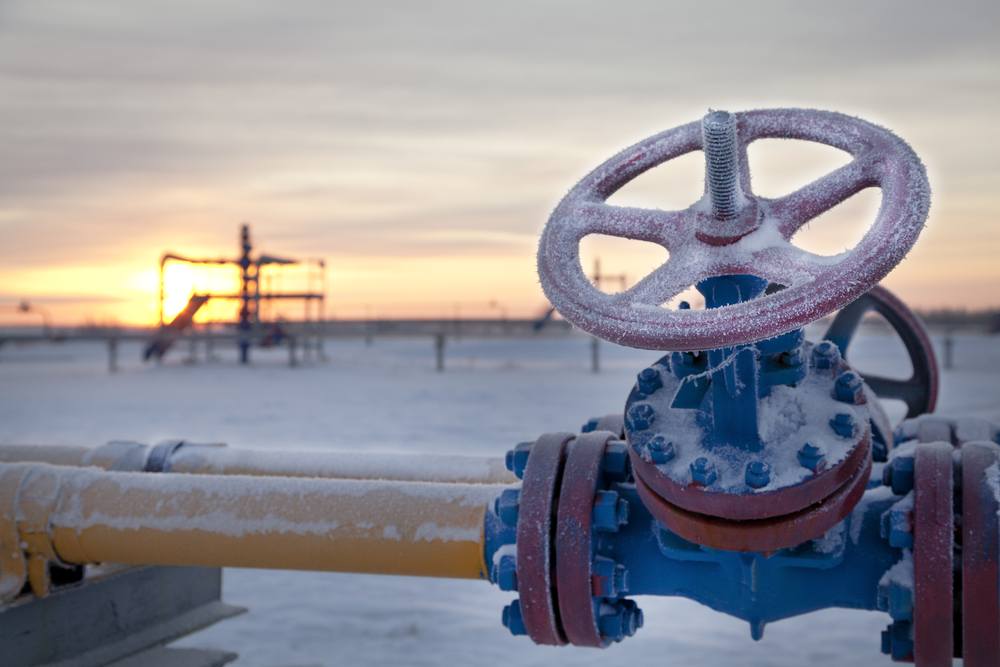Russia’s Energy Strategy-2035: Struggling to Remain Relevant

Russia’s Energy Strategy to 2035 (ES-2035) enters, finally, the home stretch. The Ministry of Energy submitted its version of the document to the Russian Government in early October 2019.

Once approved (this is expected before year’s end), ES-2035 will become the best available indication of Russian energy policymakers’ plans. It therefore merits careful consideration. This paper reviews the key goals, scenarios and indicative ranges for output and consumption contained in ES-2035. It thus contributes to understanding the strategic compromises that Russia might be ready to take, as well as those that are unlikely to be acceptable. Our review of the draft ES-2035 suggests that it provides general guidelines to the future evolution of Russia’s energy sectors, but struggles to remain relevant amid fast-paced changes in the global markets. Several crucial but politically sensitive energy issues still need further clarification of policies: the future fiscal regime for oil and gas that could incentivize output and prevent production declines; industrial and technological policy; the choice of the future model for Russia’s gas industry and whether it is going to develop under continued state regulation or in the market environment; climate policy and the strategy to promote (or not) renewables and other technologies of energy transition; and the future of competition in wholesale and retail power markets.
Tatiana Mitrova is Director of the Energy Centre, Moscow School of Management SKOLKOVO and Head of the Research Division at the Energy Research Institute of the Russian Academy of Sciences.
Vitaly Yermakov is a Senior Research Fellow at the Oxford Institute for Energy Studies.

Available in:
Regions and themes
ISBN / ISSN
Share
Download the full analysis
This page contains only a summary of our work. If you would like to have access to all the information from our research on the subject, you can download the full version in PDF format.
Russia’s Energy Strategy-2035: Struggling to Remain Relevant
Related centers and programs
Discover our other research centers and programsFind out more
Discover all our analysesDeathonomics: The Social, Political, and Economic Costs of War in Russia
The report attempts to outline and examine a truly new phenomenon in Russian society, dubbed “deathonomics”—the making of a mercenary army against the backdrop of the Kremlin’s war in Ukraine, eventually replacing both the Soviet (conscript) and early new Russian (contract) armies. It notes that, by the end of 2023, this trend had turned the military service into one of the highest-paying professions in the country, something not seen in Russia on such a scale since the late 17th century.
Russia's Asia Strategy: Bolstering the Eagle's Eastern Wing
Among Russia’s strategic priorities, Asia traditionally played a secondary role compared to the West. In the mid-1990s, then Foreign Minister Yevgeny Primakov initiated a rapprochement with China and India. Then, in 2014, deteriorating relations between Russia and the West prompted Moscow to begin its “great pivot to the East”.
Kazakhstan After the Double Shock of 2022: Political, Economic and Military Consequences
The year 2022 represented a dual shock for Kazakhstan. In January, the country faced its most severe political crisis since independence, followed in February by Russia’s full-scale invasion of Ukraine, which cast uncertainty over the borders of post-Soviet states. These consecutive crises profoundly shaped Kazakhstan’s domestic and foreign policy.

How the Russian Army Changed its Concept of War, 1993-2022
The traditional and high-intensity war that has occurred in Ukraine since Russia decided to invade raises a key issue: did post-soviet Russian strategic thought really prepare Russia for waging this war?









